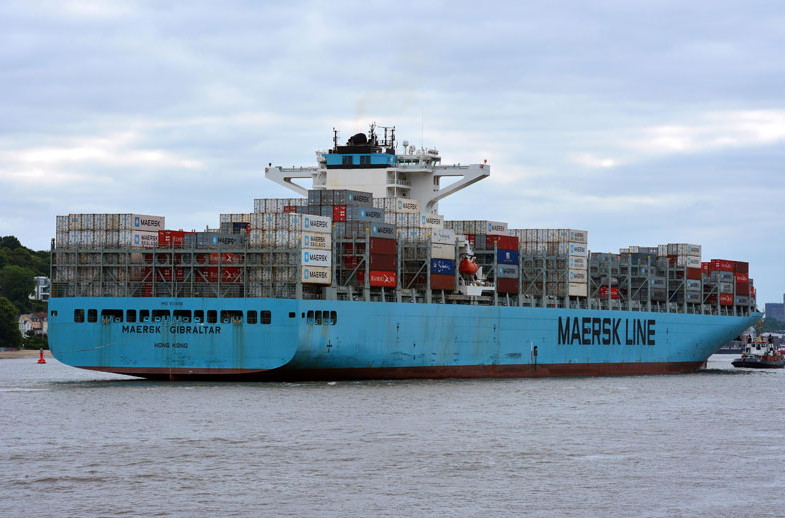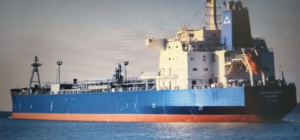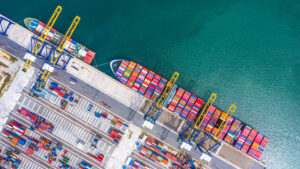Danish container giant Maersk says it will continue sailing via the Cape of Good Hope and around Africa as this is the “most reasonable solution at the moment and the one that currently allows the best supply chain stability.”
In a statement, Maersk welcomed the fact that European Union security operation Aspides has taken shape, saying this is a very positive development to increase the safety in the region and reduce in the future the risk of threat to the vessels passing through the Red Sea and the Bab el Mandeb Strait specifically.
Maersk’s statement highlighted that its internal analysis, as well as insight it received from external sources, shows that still the risk level in the region remains elevated.
Maersk said the recent tragic attack on the vessel True Confidence, which resulted in the death of three crew members, and the sinking of the vessel Rubymar, which is posing a serious environmental risk, highlight the “lethal effectiveness of missiles currently used by Houthi attackers and are one of the reasons for the elevated security risk we have in place at the moment.”
While acknowledging that some shipping lines have continued sailing through the Red Sea despite security risks or have announced their plans to resume sailing, Maersk said it believes that current situation does not allow them to make a similar decision.
“We respect the right of each carrier to make such decisions individually. Network changes are complex and take time to implement and we believe we should only implement such changes when they can be sustained over a longer period of time. We continue to believe it is the only way to avoid further disruption under the current circumstances,” the statement said.
“As we have mentioned many times, our utmost priority remains the safety and wellbeing of our crews, the safety of vessels they are sailing on and the safety and integrity of our customers’ cargo we are transporting,” it added.
“As we navigate through the current uncertainties, we are also gearing up for the future and have announced our new 2025 network, based on modular solutions, allowing greater flexibility and responsiveness to future potential disruptions and improved level of schedule reliability,” the statement concluded.



